Tanzanians have been reminded to take the Rwanda genocide more seriously and learn the importance of keeping peace and harmony in the country
The warning was sounded in Dar es Salaam by Dr. Harrison Mwakyembe, Minister for Information, Culture, Arts and Sports, (pictured) at the 24th commemoration of the Rwanda genocide themed, “Remember-Unite-Renew.”
Commemoration of genocide against the Tutsi and moderate Hutus to pay tribute to the more than one million innocent lives lost through the genocide in 1994.
Attended by various people including diplomats, the event was colored by 24 candle lighting, morning songs from Chang’ombe Secondary School students and a documentary of genocide survivors including prayers from Muslim and Christian worshipers.
In his remarks, Dr. Mwakyembe said the genocide in Rwanda did not happen suddenly as a thunderstorm, but began with minor incidents of instilling hatred in a society before it divides us and ends up in genocide,” the Minister said.
He added, “We have learned from our neighbors – this should never happen again in Africa. We should control it for the benefit of future generations.”
The minister asked Tanzanians who visited Rwanda to have also visited genocide memorial center where they can learn more and find out the importance of peace.
Dr. Mwakyembe explained that two years ago President John Magufuli had an opportunity to visit the Kigali genocide memorial center in Rwanda and stated, “This will never happen again. We cannot change the past but we can change the present and the future,” the minister quoted President Magufuli as saying.
In his remarks, Rwanda’s Ambassador to Tanzania Eugene Kayihura said, “We passed through that life of genocide; we did not choose it, it stated with words, later causing the genocide”.
He urged Tanzanians to continue supporting Rwanda and ensure that such genocide not happen again in Africa or anywhere else in the world.
Reading a speech by the United Nations Secretary General, Antonio Guterren, the UN Resident Coordinator in Tanzania, Alvaro Rodriguez, stated that twenty-four years ago, more than 800,000 people were systematically killed in the 1994 genocide in Rwanda.
“The victims were overwhelmingly Tutsi, but also included moderate Hutu, Twa and others. Today we remember all those were murdered and reflect on the suffering of the survivors, who have shown that reconciliation is possible, even after a tragedy of such monumental proportions,” he said
Guaterres added that states have a fundamental responsibility to protect their populations from genocide, war, crimes, ethnic cleansing and crimes against humanity.
According to his statement, “is is imperative that we unite to prevent such atrocities from occurring, and that the international community sends a strong message to perpetrators that they will be held accountable.
“I am deeply concerned about the rise of racism, hate speech and xenophobia around the world.”
He said people were still being killed, displaced and their human rights abused in many parts of the world because of their faith or ethnicity.
Gueterres state that this year they were marking the 70th anniversary of the Universal Declaration of Human Rights and of the Convention on the Prevention and Punishment of the Crime of Genocide.
“I call on the UN member states that have not yet joined to become parties to the convention, and I call on all states to back their commitments with actions”,
He added, “To save people at risk, we must go beyond words. We must nurture the courage to care and the resolve to act.”
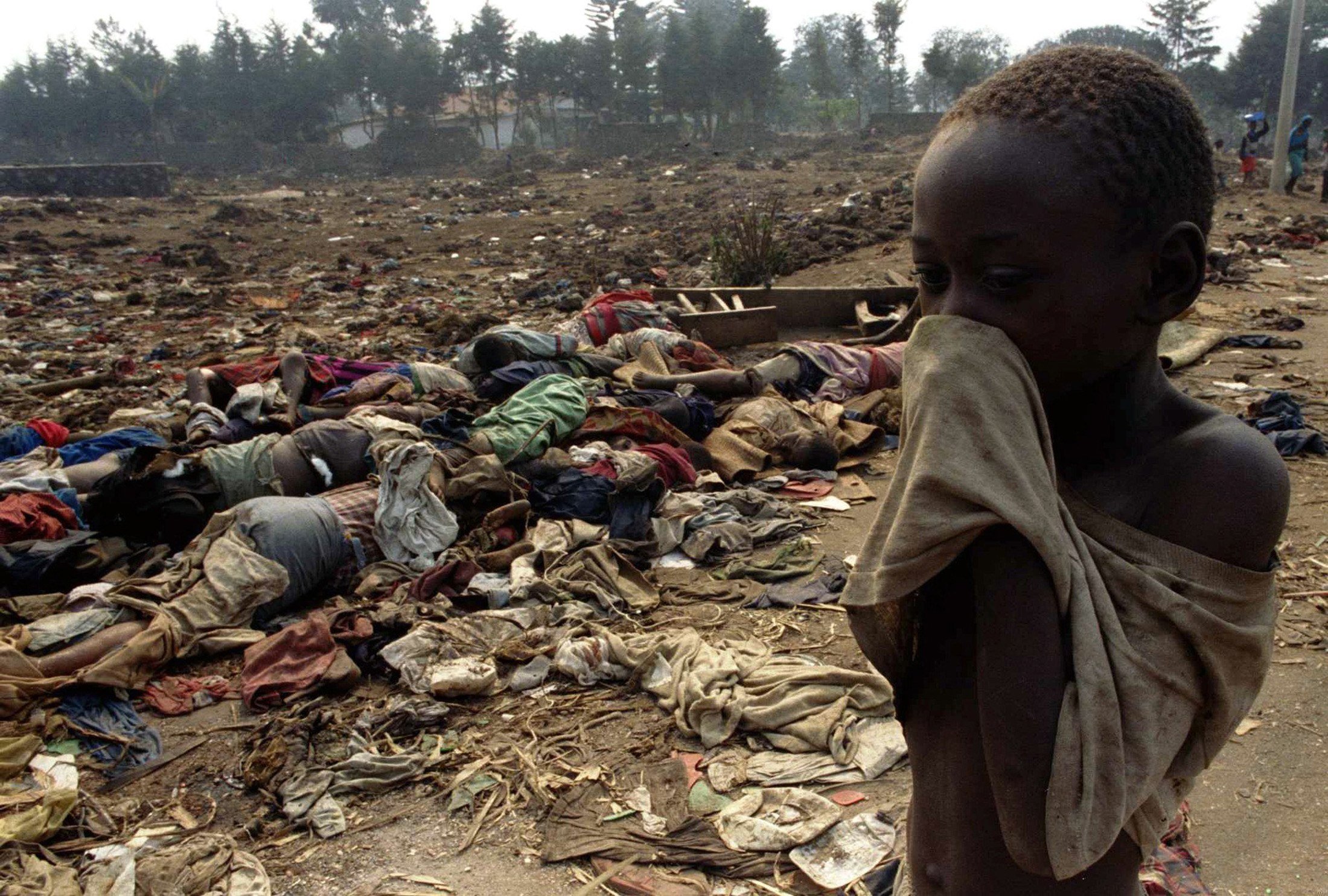

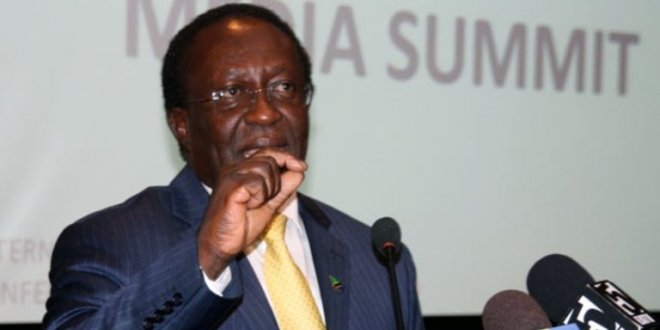
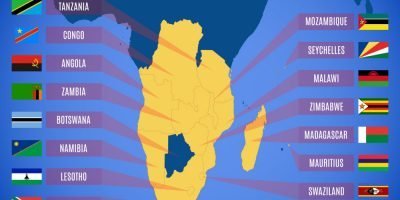

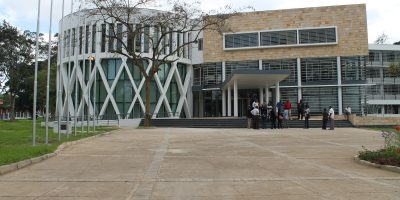










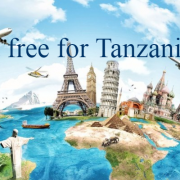

Comments